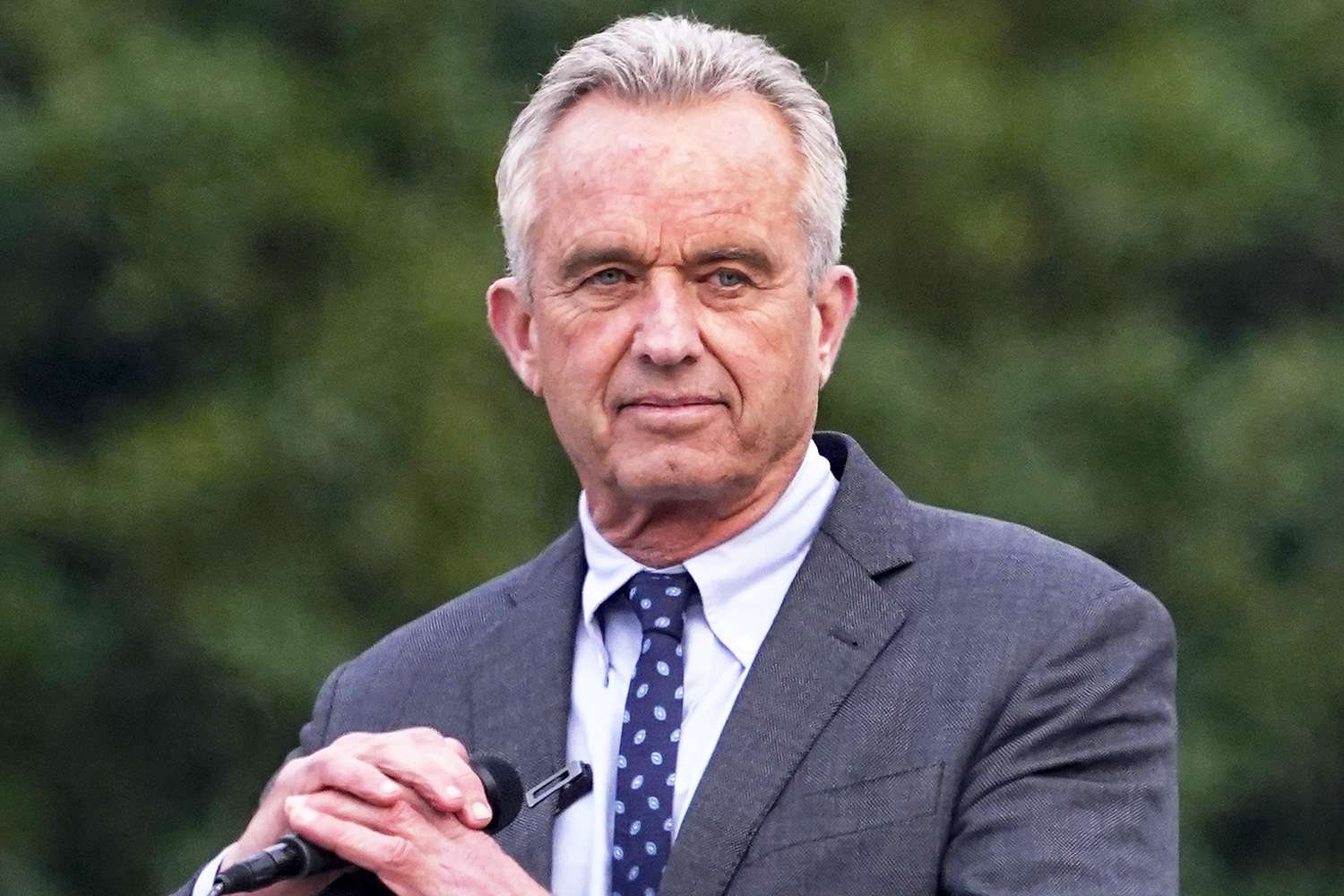A Democratic presidential candidate has spoken out against the anti-crypto sentiment growing within his party. Environmental lawyer, Robert Kennedy Jr., has blamed regulatory agencies for the failure of several banks in March. Kennedy has opposed the bailout approach used by financial agencies and criticized the Federal Deposit Insurance Corporation (FDIC) and Securities and Exchange Commission (SEC) for taking actions that led to the downfall of Silicon Valley Bank (SVB), Signature Bank, and Silvergate Bank. Kennedy accused FDIC and SEC of waging an extra-legal war on crypto that leaves major banks as collateral damage.
“Operation Chokepoint 2.0” Conspiracy
Crypto industry leaders have been up in arms in recent months about the alleged government conspiracy called “Operation Chokepoint 2.0”. This is a subtle effort to dissuade the banking sector from servicing crypto companies and scare blockchain businesses offshore with unclear and arbitrary enforcement actions. Caitlin Long, CEO of the crypto-friendly Custodia Bank, claimed that the SEC is punishing crypto firms attempting to be compliant with a deliberate signal to “stay the f*** away.” Coinbase CEO Brian Armstrong has also suggested that Coinbase could seek to relocate its headquarters outside the United States if local regulatory challenges persist. Even Barney Frank, a former US congressman and Signature Bank board member at the time of its closure, claimed that the crypto-friendly bank’s closure was unnecessary, and specifically meant to send an “anti-crypto message” to other banks.
While some crypto-supportive politicians have called attention to the SEC’s “regulation by enforcement” approach, most have come from the Republican side. Congressional Democrats, by contrast, are showing weariness around the crypto sector and beginning to question whether it even has a legitimate use case. The White House recently published guidance to Congress encouraging policymakers to pass a 30% excise tax on Bitcoin mining as part of the federal budget to make miners pay for the “economic and environmental costs” they impose.
Kennedy has also spoken out against Central Bank Digital Currencies (CBDCs), a government-backed form of money that traditional crypto proponents frequently blast as an invasion of privacy. Kennedy argues that a CBDC tied to digital ID and social credit score will allow the government to freeze assets or limit spending to approved vendors if citizens fail to comply with arbitrary rules. The candidate’s comments were in specific reference to the central bank’s new FedNow payments service, which the Federal Reserve clarified days later is “not related to a digital currency.”
Despite criticisms of crypto from both sides of the political spectrum, Kennedy is pushing back against the government’s “war on crypto” and is defending the technology’s role in the banking sector.

